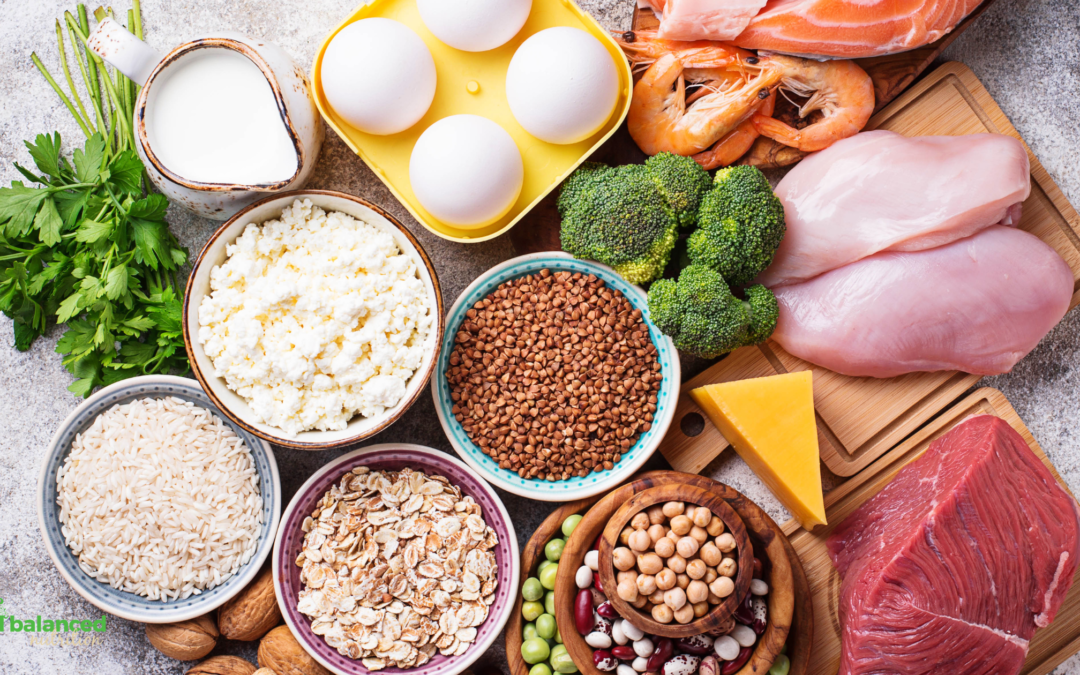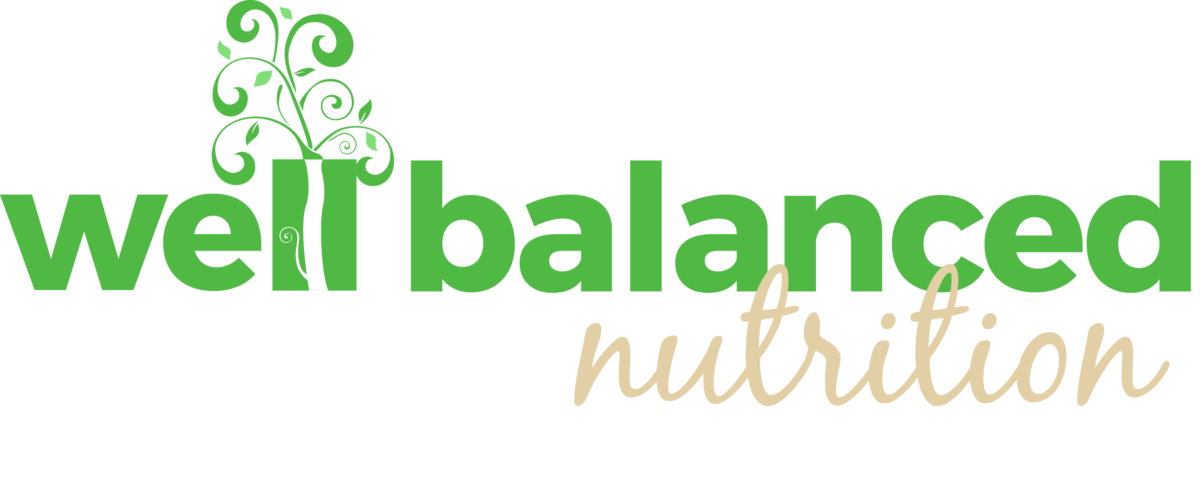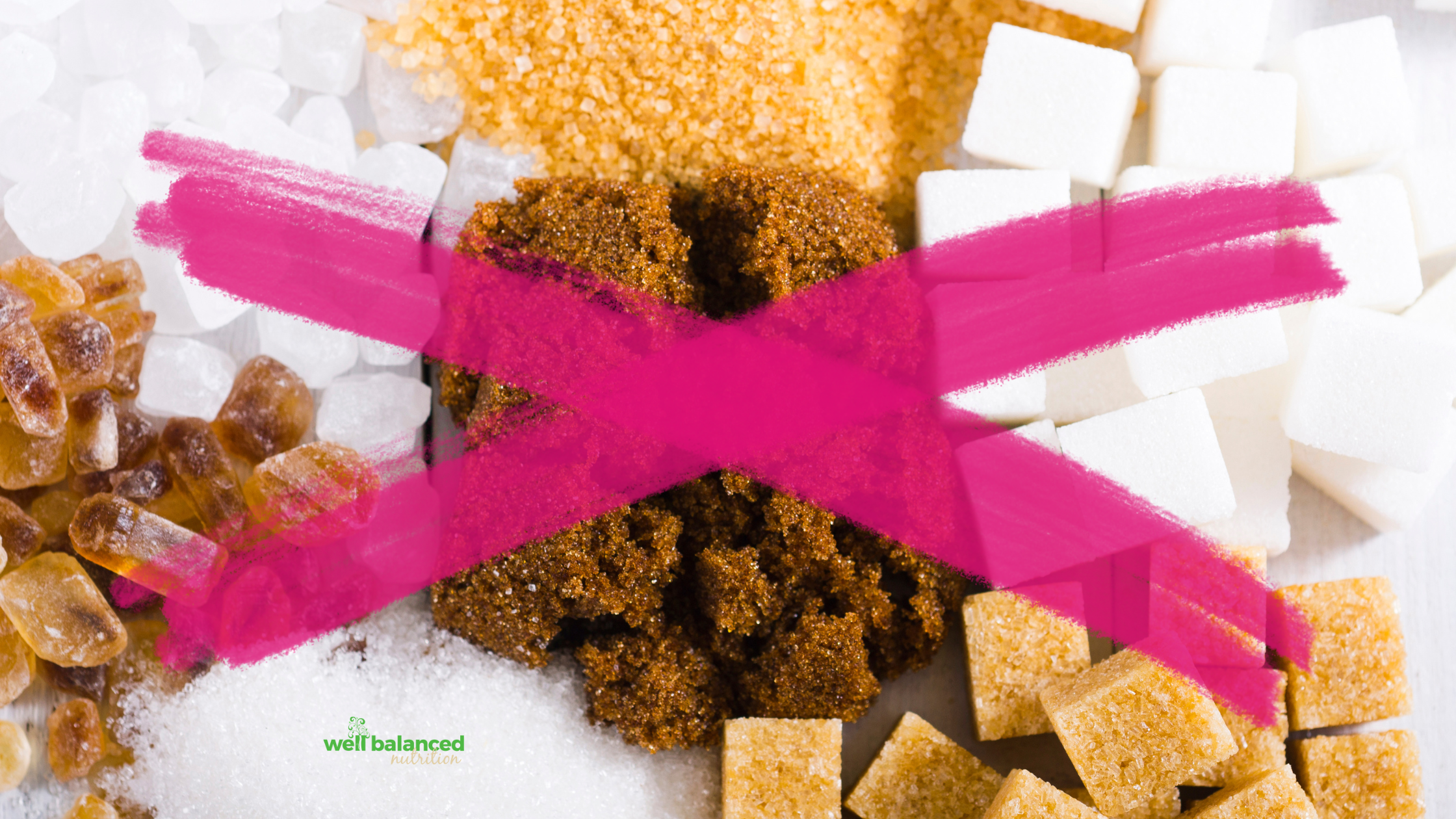Monday, January 22, 2018
Ever catch yourself thinking “oh I shouldn’t…” or I just can’t have one [insert food with no brakes]. Yep, we’ve all been there. It varies depending on a person’s taste preference and often what they grew up eating. A few I hear commonly include, potato chips, cashews, ice cream, cheese, or bite-sized Oreos. No matter what, there are certain foods that are just harder to eat in moderation.
Last year, Kristen and I read a great book called
Better Than Before by Gretchen Rubin in our book club. The book is all about making better habits. In an article, by Rubin, she talks about the concept modernization and abstinence. Some of you (like me), may already be rolling your eyes because the idea of abstaining from any food sounds terrible. That likely means you are a moderation all-star!
The snow day cookies
A friend of mine was recently telling me a story about moderation. She explained after eating a homemade chocolate chip cookie at work, “my tummy and my mouth were arguing,” because her mouth wanted another cookie but her stomach felt full. My friend goes on to tell me about the sweet, chewy, chocolatey goodness of the homemade cookies. She reports savoring each bite only to find herself still wanting more when she was done. This is a familiar experience for many of us; however, it is rare that this happens after eating celery or an apple. What’s that about?!
Effects of sugar on the brain
It’s scientifically explained, in this fascinating TED education video:
How sugar affects the brain. When we eat foods with refined sugar or simple carbohydrates (think white rice, pasta, potatoes, etc), those foods create a chemical release (dopamine) that feels good and may lead our brain to tell us to eat more. Our brain is designed to keep us alive and in case there is a famine, it will ensure we “stock up” when energy-dense foods are available.
Empowering abstinence
At the beginning of the year, Well-Balanced Nutrition did a 2-week challenge to eat only from the
Well-Balanced plate, which does not include added sugars. Our plate does include fruits, vegetables, complex carbohydrates, and dairy, which all provide the energy our brains need. For me, this was an experiment to break the habit of always wanting a treat after lunch and dinner. What I didn’t expect was to feel empowered by choosing to abstain from added sugars. It is exhausting to constantly battle that voice “should I eat the cookie or shouldn’t I?” It was nice to have the decision already made when I chose to take a break from processed sugar.
Food for thought:
In the challenge, I learned, not all foods are good in moderation. Some foods create a trigger that makes it hard to stop even if I’m not hungry anymore.
What are your triggers? If you’d like to become a more balanced eater, we recommend starting to recognize what foods or situations cause you to overeat.
If you’d like to talk with a friendly expert on making (and breaking) habits, let us know.
Contact us here.




